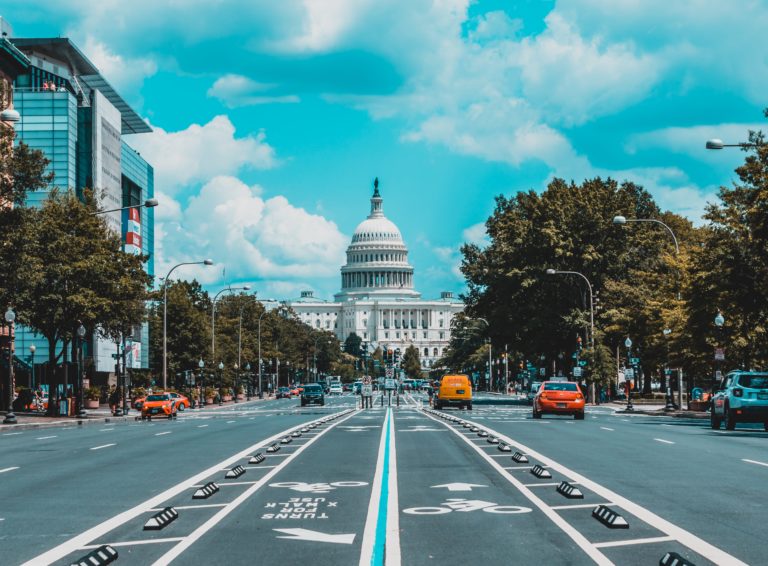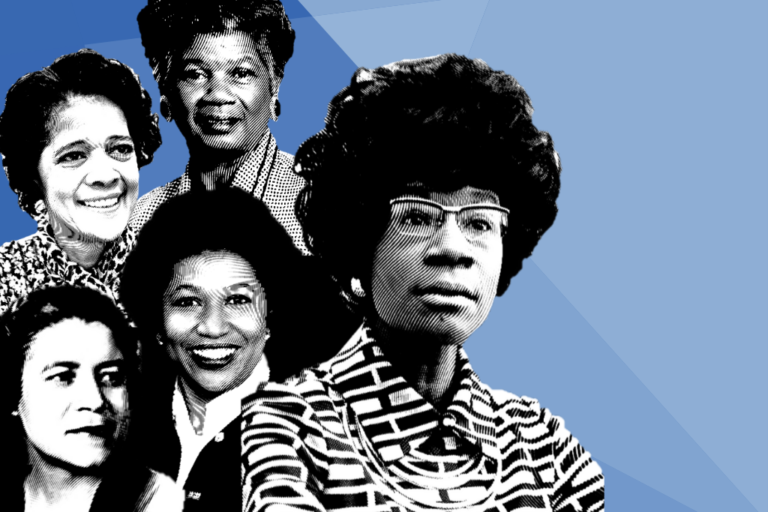As protests against racial injustice and institutional racism continue to flare around the country, all…
The Challenges Black Women Face in Business and Politics

August is Black Business Month, which is a month recognizing the contributions of Black entrepreneurs to the American economy. But did you know that starting and running your own business has not only a lot of overlap with being a Black woman running for office, but can be beneficial to Black women candidates?
According to research assembled by JP Morgan, while Black women are the fastest growing demographic of entrepreneurs in the U.S, with nearly 2.7 million businesses nationwide, only 3% of Black women are currently running mature businesses (a business that has survived for at least five years). One thing that can help maturation is access to capital. 61% of Black women self-fund their business in the beginning even when they come from homes that, on average, don’t have the finances to do so. And the reason why? Black business owners who apply for funding have a rejection rate that is three times higher than that of white business owners. And what’s worse – only 2% of venture capital funding goes to U.S. female-only founder teams.
And as someone who has personally run for public office, advised many women candidates, especially Black women, I’ve noted the struggles to fundraise that affect otherwise qualified candidates with years of serving their community as business owners, nonprofit leaders, and community advocates. I’ve now also started and run my own business and been in community with other Black women business owners, and I now clearly see the similarities in Black women’s experience in the business world as founders and in politics as candidates. While Black women in particular have a deep history of community engagement, and demonstrated willingness to run they still often lack the financial support to be successful in building a campaign to run for office.
In 2020, in an article written in the Washington Post, data from the Center for Responsive Politics showed that the 113 active Black women candidates running on all tickets raised a combined nearly $81 million in the first three quarters of the year. Sounds great, until you compare it to their 379 active white women counterparts who raised nearly $811 million across party lines. In comparison, more than $1.5 billion was raised by over 1,000 White men from all parties in the same timeframe. There have been exceptions to this rule of course such as Kamala Harris, Stacey Abrams, and Val Demings, but there are many more who didn’t get as far because of the imagination barrier that often still finds Black women candidates having to convince donors they have what it takes to serve in elected office.
The irony is in addition to helping the economic prospects of communities, owning and running your own small business is great experience for candidates, especially women candidates. In a recent Barbara Lee Foundation report Ready Willing and Electable, voters view women as more qualified and likeable if they also demonstrate economic expertise through public-private partnership work that helps create jobs and brings new businesses to the area or as a business owner. And the majority of Black women business owners start businesses in the retail/wholesale, health, education, government or social services sectors that directly impact community. These experiences are particularly relevant for executive roles such as Mayor or Governor. So, when you are thinking of encouraging and supporting women candidates running for office, especially Black women, think of what your local women business owners can bring to the table!






